In July 1971, the 26th Amendment to the Constitution was ratified, lowering the voting age from 21 to 18. Five years later, students at Prairie View A&M University filed suit claiming that they were being denied voting rights because they were not technically residents of Prairie View, Texas. In Symm v. United States — the only case that addresses the 26th Amendment — the Supreme Court ruled on January 15, 1979 that the denial of residency rights for college students was unconstitutional.

A large group gathers around a sign encouraging people to register to vote, circa 1960s. Source: Public domain
Ian Millhiser writes for Vox,
[I]n Symm v. United States (1979), the Court affirmed a lower court decision striking down a Texas official’s attempt to prevent college students from voting, because that effort violated the 26th Amendment.
But the Court did not explain its decision in Symm. The Supreme Court’s entire decision is four words: “The judgment is affirmed.”
Throughout the electoral history of the United States, securing the “youth vote” has been crucial. This is also one reason why voting rights continue to be threatened. As Jennifer Frost reports, in 2017 a “proof of domicile law” law was struck down in a New Hampshire court, and similar attempts continue to be made nationwide.
Additional Resource
Defending the Voting Rights of Black Students in Texas and North Carolina by Brentin Mock (Facing South)
Below are two related videos from the Open Society University Network.
Prairie View A&M University: Symm v. United States
Melanye Price, Professor of Political Science at Prairie View A&M University (PVAMU), discusses the only Supreme Court case that addresses the 26th Amendment, 1979’s Symm v. United States, which centered on PVAMU students and residency requirements related to student voting. Residency was a critical question after the passage of the 26th Amendment. Dr. Price explores the historical role of the PVAMU campus and its students in the legal battle to exercise the right to vote.
Melanye Price, Professor of Political Science at Prairie View A&M University (PVAMU), discusses the ongoing legal battle between Waller County and Prairie View A&M University over students’ right to vote. Professor Price provides the historical context in which this fight takes place, as well as how political conflicts fuel civic participation. Other important cases involving PVAMU, such as Smith v. Allwright and Shelby v. Holder, as well as recent developments in access to voting in Allen v. Waller County, are spotlighted.

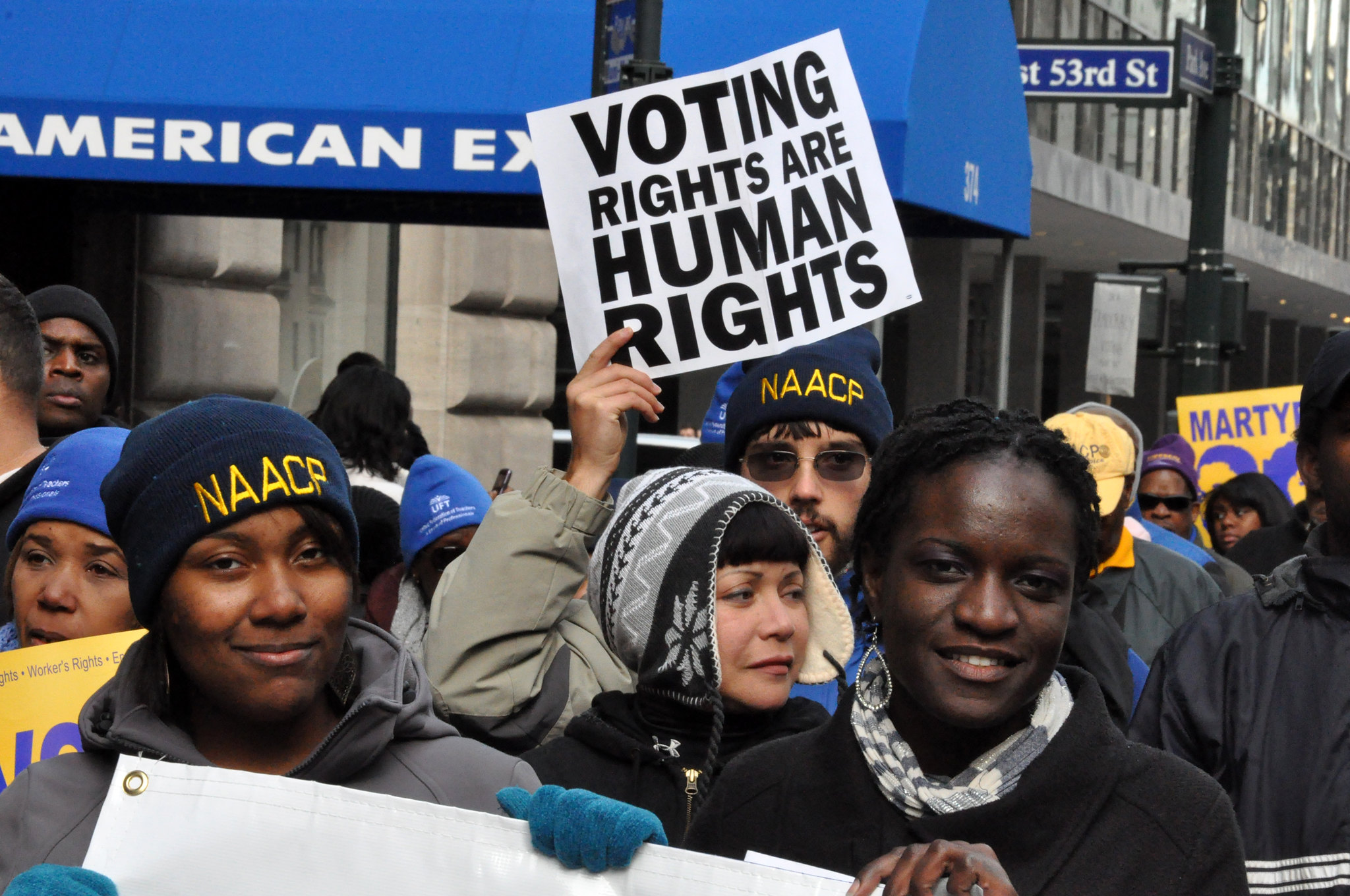
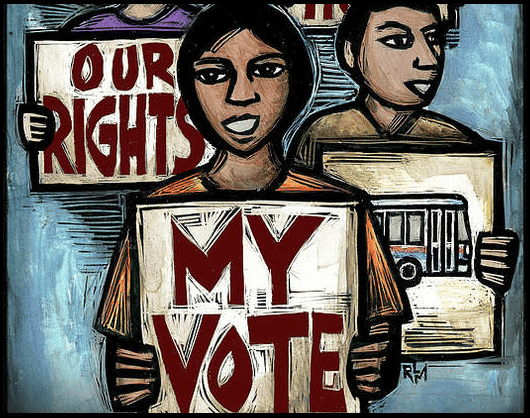
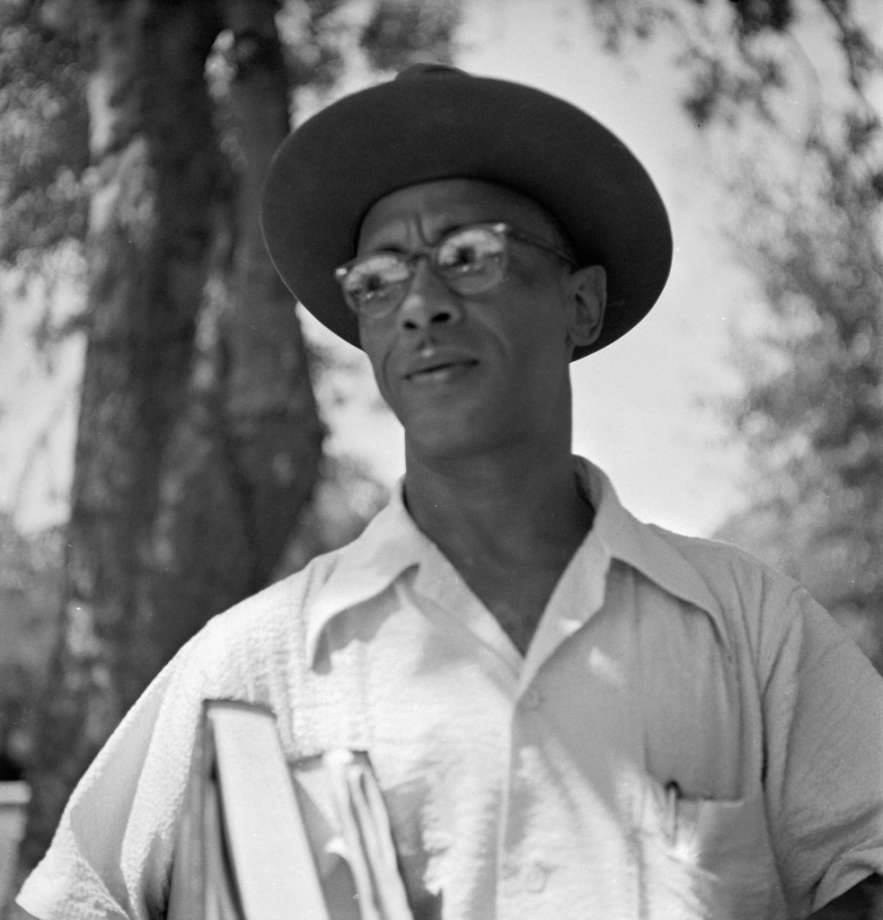
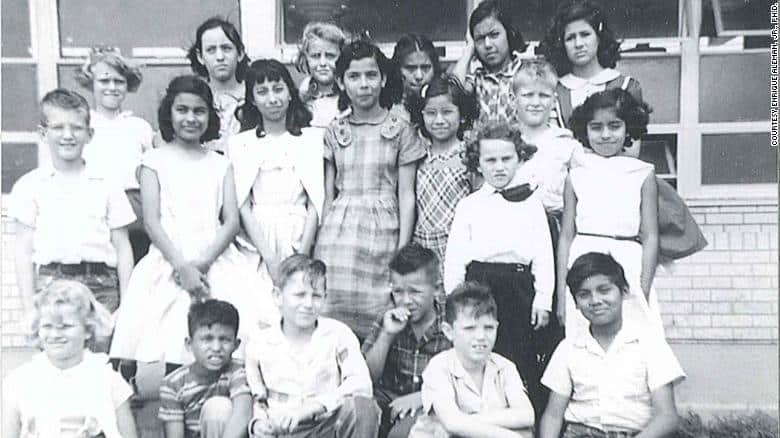
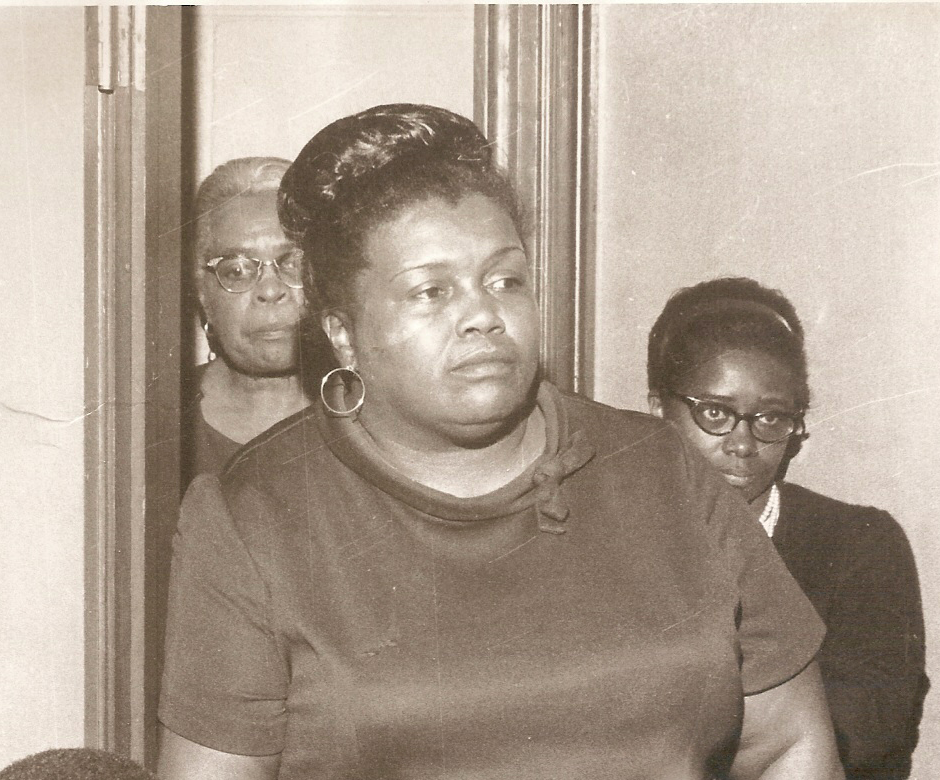





Twitter
Google plus
LinkedIn